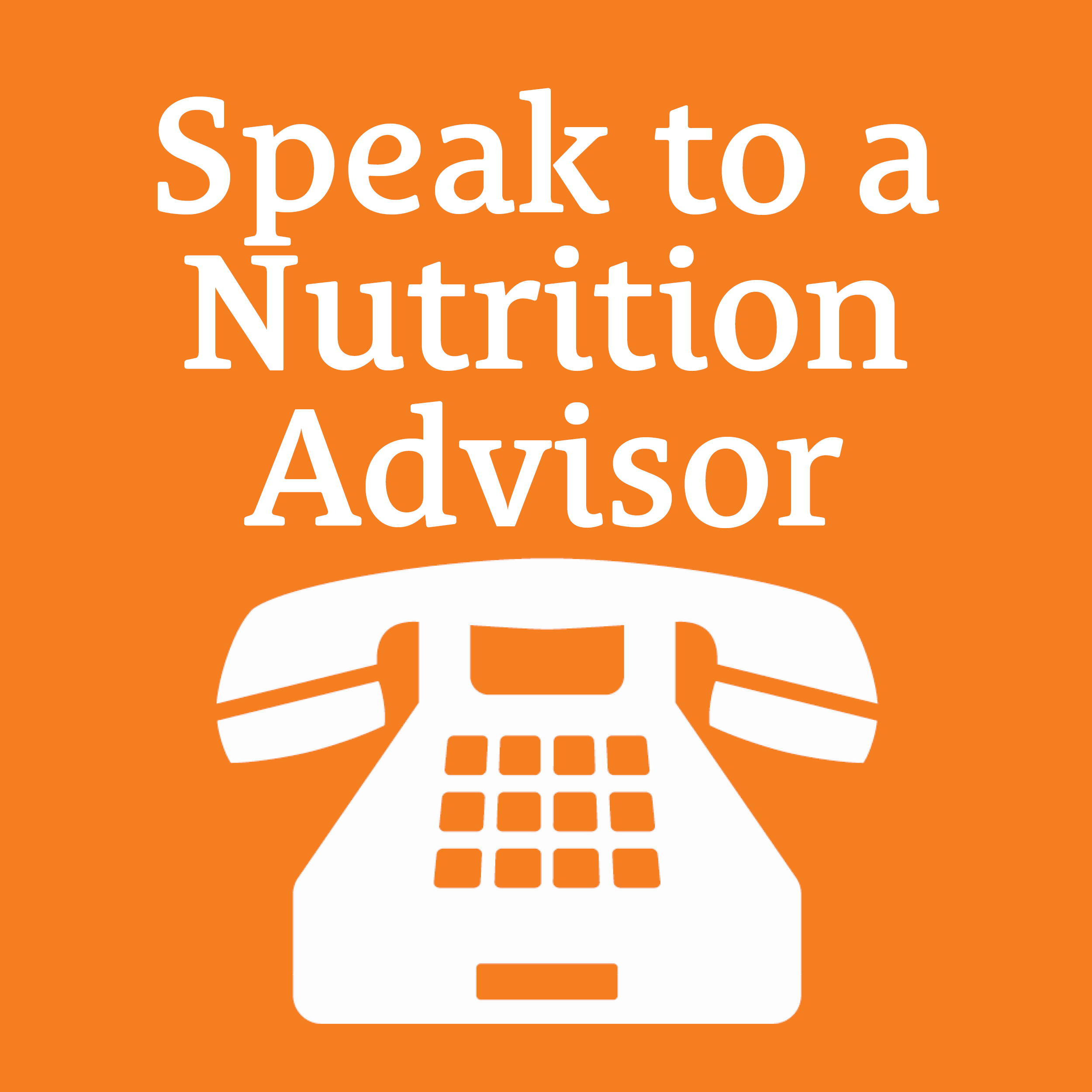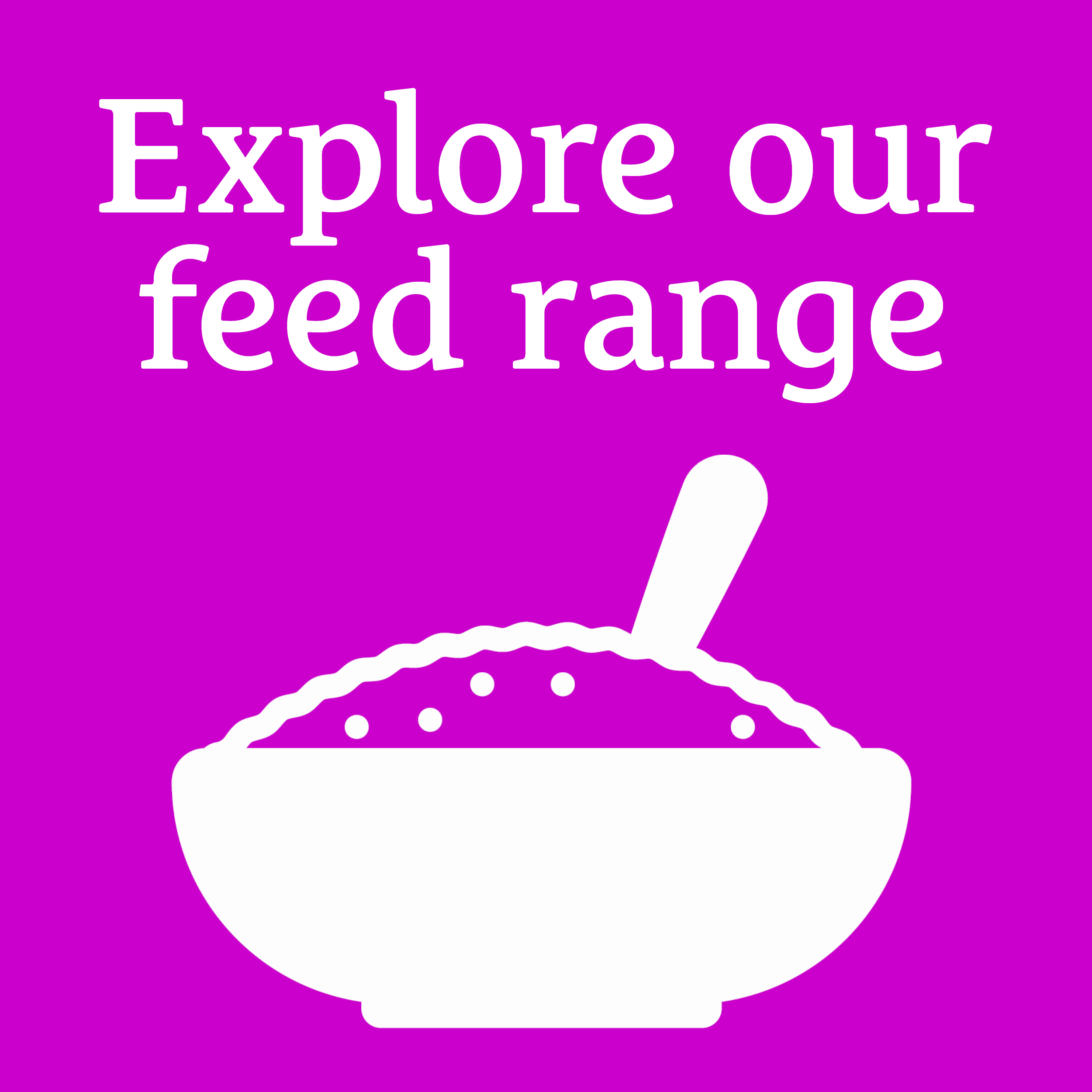Super Seniors
Senior horses hold a special place in our hearts and deserve the very best of care. Ageing is highly individual and while some senior horses maintain healthy and active lives well into their twenties or even thirties, others show signs of ageing by their mid-teens. Whether your senior is enjoying retirement or still competing, when it comes to feeding (and management) there is no one-size fits all approach.
When do horses become 'senior'?
Ageing can be measured in three ways:
- Chronological age: simply the horse’s age in years
- Physiological age uses markers of aging and is perhaps the most accurate way to measure aging but this whole area is still being researched
- Demographically: the age at which there is 25% survivorship within the overall population.
No matter how you look at aging one thing is for sure, it’s highly individual, with most owners using a combination of chronological age and physiological age to ‘judge’ if their individual horse is ‘getting old’ and needs a change in feed and/or management.
When do horses need a senior feed?
Provided their current diet is appropriately balanced, healthy horses and ponies in good body condition may not need any changes in diet. The golden oldie or ‘true geriatric’ will show multiple signs of ageing and need more specialist management.
Senior feeds generally contain higher levels of quality protein to help support muscle tone as well as increased levels of vitamins and minerals. Senior horses may benefit from a diet that meets the vitamin and mineral requirements for working horses, even if they are retired. Vitamin E for example plays a key role in supporting immune health and although there is no published requirement in horses, vitamin C may help to support immune and respiratory health. Some senior feeds also include added functional ingredients to support joint and/ or digestive health.
Senior and prone to weight gain
Not all senior horses are prone to weight loss! Obesity carries a number of health and welfare risks for horses of all ages but may further exacerbate issues associated with ageing including joint strain, difficulty regulating body temperature and chronic low-grade inflammation or ‘inflamm-aging’. A balancer is the ideal way to ensure good doers receive essential nutrients without excess calories.
Senior and prone to weight loss
Senior horses may lose weight for a number of reasons so it’s important to ensure underlying clinical conditions or dental issues can be ruled out. In healthy horses with good teeth, nutritional management should focus on providing providing as much forage as they will eat (while being mindful of excess waste) and supplying additional energy or ‘calories’ through appropriate feed. Research has shown that feeding a meal high in starch and/ or sugar may lead to an exaggerated insulin response, even in healthy senior horses. In practice, this means choosing feeds containing low or restricted levels of starch and sugar may be beneficial for all senior horses, even if they don’t have a history of laminitis. Being proactive is by far the best strategy and allowing poor doers to enter the winter at a body condition score of 6/ 9 may help to buffer excess weight loss.
Joint health
We all get a little stiffer with age but pain from general joint disease can affect appetite and overall welfare and in such circumstances it’s important to discuss a pain management programme with your vet.
- Watch your horse’s weight! Excess weight gain increases joint strain.
- Look out for horses that are constantly found snoozing whilst others are grazing as the pain of chronic arthritis (or another underlying condition) may mean some horses feel unable to lie down and rest fully. If you have any concerns, seek advice from your vet.
- Arthritis in the neck or forelimbs may make grazing or lowering the head uncomfortable so try offering feed, forage and water from raised buckets, mangers and troughs.
- Avoid stabling for long periods. Turnout provides gentle exercise but try to avoid uneven ground, heavy mud and paddocks on a steep incline, all of which increase joint strain.
- Supplements may help to support senior horses’ joint health but beware of bold claims. If it sounds too good to be true, it probably is! Always choose a supplement from a reputable manufacturer and remember that no supplement can cure or treat joint disease. If your senior horse is still competing, make sure the supplement (and feed) you choose is BETA® NOPS approved.
Dental issues
Dental issues are one of the more well-known signs of ageing and include lost or worn teeth, diastemas (gaps between the teeth), inflamed gums and even arthritis of the jaw. Older horses may need more frequent dental check-ups (from a vet or qualified equine dental technician) but it’s important to look out for any signs of pain or difficulty with chewing between visits, including:
- Weight loss.
- Quidding.
- Digestive issues such as colic, choke and loose droppings.
- Reluctance or refusal to eat.
- Bad breath.
- Obvious pain or discomfort when eating or always chewing on one side.
- Facial swellings.
- Long fibre, whole cereal grains or partially/ undigested feed in droppings.
- Reluctance to accept the bit and/ or changes in ridden behaviour.
Forage replacers are essential for those who can no longer manage long fibre (grass, hay and haylage) and those with very poor teeth may need 100% of their diet, including grazing, replaced with a mash. Most cubes or pellets can be soaked before feeding but quick-soaking mashes may be a more convenient option. Regardless of the feed you choose, remember to weigh it before soaking – the increase in volume after soaking can make it easy to over-estimate how much you are feeding! Soaked feeds can start to ferment in hot weather so it’s also important they are kept as cool as possible and fed immediately after soaking.
Tips for feeding a hay/ forage replacer
- Where possible include short chopped fibre to increase eating time/ chewing.
- Quick soaking mashes are ideal for those who can no longer manage short chopped fibre or cubes.
- Some products are suitable for feeding as full hay replacers whilst others including unmolassed sugar beet, alfalfa and grass nuts are only suitable for feeding as partial hay replacers.
- Avoid grass-based products for laminitics as they may be high in water soluble carbohydrates (WSC) or ‘sugar’.
- Hay replacers should ideally be divided into a minimum of four meals for horses without access to grazing.
- Some horses will learn to regulate their intake but small frequent meals and dividing rations between multiple buckets may help to encourage ‘grazing’.
- Horses fed hay replacers may need to be separated from their field companions at mealtimes to prevent ‘sharing’ or bullying.
Sensitive teeth
If you suffer from sensitive teeth the last thing you want to do is tuck into an ice-cream! Older horses with sensitive teeth may be reluctant to drink very cold water so try adding hot water to buckets to take the chill off and using warm water to dampen or soak your feeds. Reduced water intake increases the risk of colic, particularly in stabled horses who are fed dry hay.
Laminitis & PPID
Maintaining a healthy body condition and providing a diet low in starch and sugar are key to managing all horses and ponies prone to laminitis, including those with PPID (Pituitary Pars Intermedia Dysfunction). In general, this means restricting or removing grazing, choosing fibre-based feeds and ideally feeding a low WSC hay or a hay replacer low in starch and sugar. Choose feeds that are high in oil as opposed to starch (and sugar) for those who need additional calories – oil is approximately 2.5 times higher in calories compared to cereal grains but starch and sugar free!
A heavy worm burden can lead to weight loss in horses of all ages but seniors with PPID may have increased faecal egg counts and require more frequent monitoring and/ or treatment.
You can read more about feeding horses and ponies prone to laminitis here.
Contact the Care-Line for specific advice, especially if your horse/ pony is severely insulin dysregulated.
Loss of appetite
Dental issues and a number of underlying clinical conditions can cause horses to go off their feed or forage. Pain from general joint disease can affect appetite as well as overall welfare so discuss a pain management programme with your vet if you have any concerns.
Some horses become fussy with age so if underlying clinical conditions have been ruled out, consider adding warm water and/or herbs such as garlic, mint or fenugreek to your horse’s feed, or moving to a feed that already contains an added flavour. If your horse is still competing, make sure all feeds and supplements are BETA® NOPS approved. Changes in routine or being separated from companions can also make some seniors reluctant to tuck into their feed or forage.
Monitoring weight & body condition
Ideally try to monitor your horse’s weight weekly and body condition score fortnightly. While some loss of muscle often occurs with weight loss, it’s important to remember that body condition scoring is an assessment of fat, not muscle/ topline. In general, muscle feels firm and fat feels soft but a loss of muscle mass in senior horses can sometimes be mistaken for a loss of body fat. Those with PPID may have regional fat deposits such as a large crest or fat pads on the loins despite being thin over-all – this can sometimes be mistaken for generalised obesity and lead to the diet being restricted too severely. Remember that rugs and thick winter coats can hide a multitude of sins!
Temperature control
Older horses may have difficulty regulating their body temperature and like people, may be more sensitive to heat and cold as they age. Be prepared to change your horse’s rugs more frequently and consider additional shade, clipping and cold hosing to help keep your senior cool during hot weather. Getting too hot can reduce appetite, especially in horses and ponies with PPID and can also contribute to weight loss – as can getting too cold.
Herd dynamics
Horses benefit in many ways by living in a herd environment but as they get older, they may be pushed down the pecking order by younger horses which means they may lose out when it comes to feed, water and shelter. Choose field companions carefully, look out for signs of bullying and feed horses separately if needed. Ideally provide a large water trough or more than one water supply in the field too.



